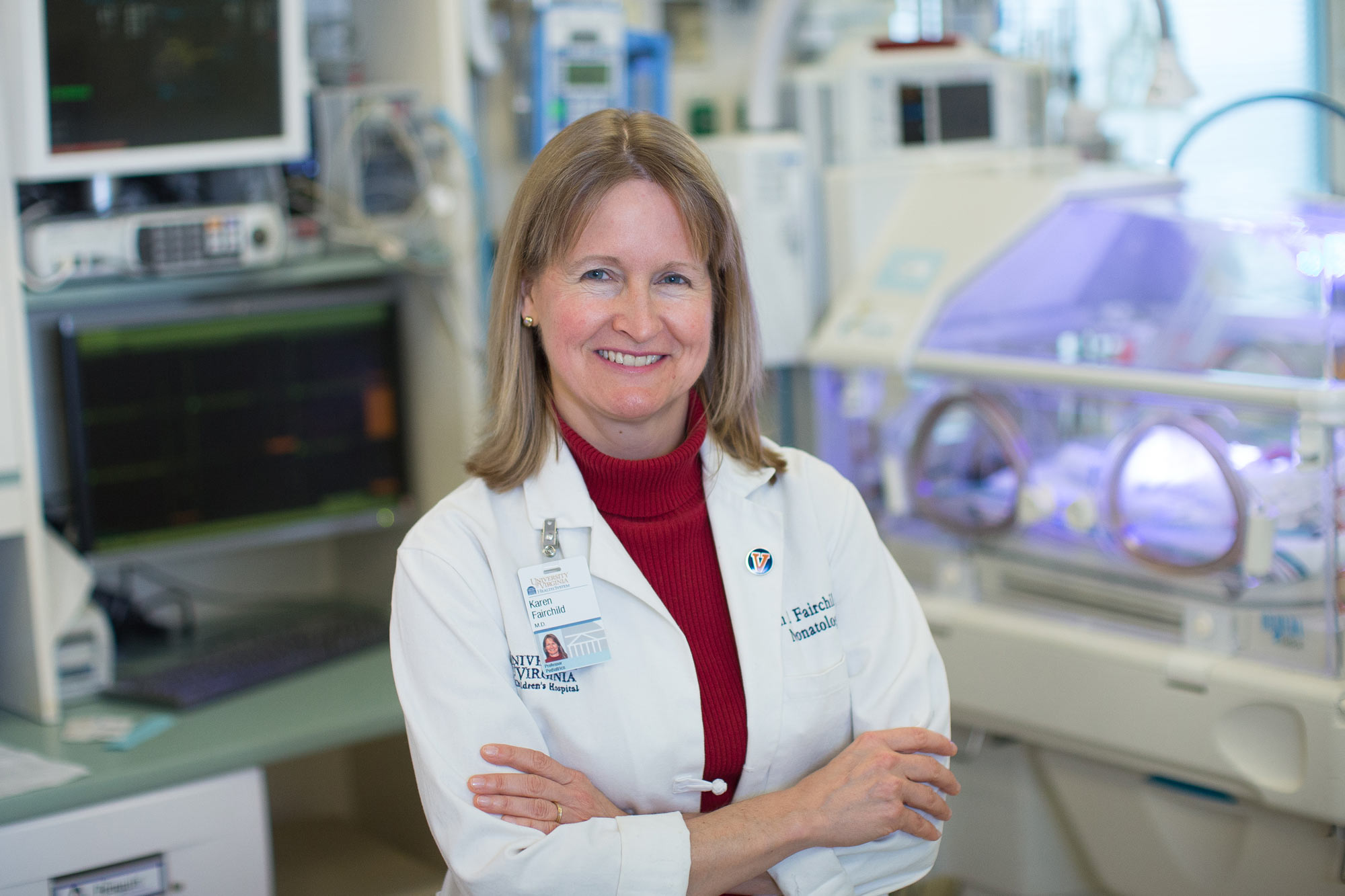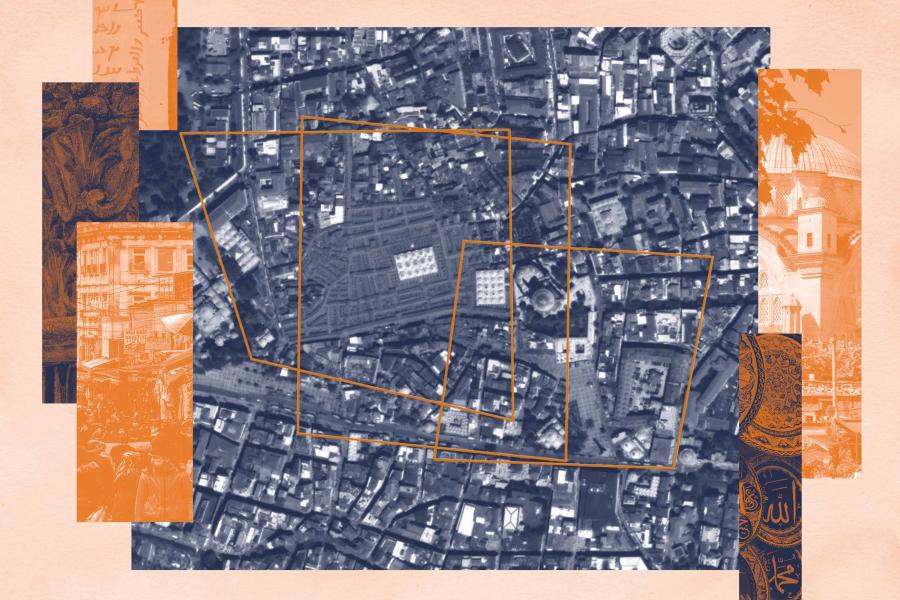Just before their appointment Thursday, the family played together by the giant turtle sculpture at the University of Virginia’s Battle Building, with 16-month-old Seveyn at the center of attention. Seveyn’s mom, Diamonasia Rose, and dad, Antonio Chambers, take him to UVA Health Children’s for his regularly scheduled checkups.
The child was a little bit squirmy, with a serious demeanor that was accentuated by the tiny pair of glasses he wore. But he was all smiles when his playful dad joyfully lifted him.
Still, his parents worry about his social and educational development. It’s one of life’s little ironies: Babies who are ahead of their time can sometimes fall behind. Seveyn was born at 27 weeks, or 12 weeks prematurely.
The autism risk for infants born prematurely, for example, is more than three times higher compared to those born full term. Cerebral palsy and other neurodevelopmental challenges also rise with decreased gestational time.











